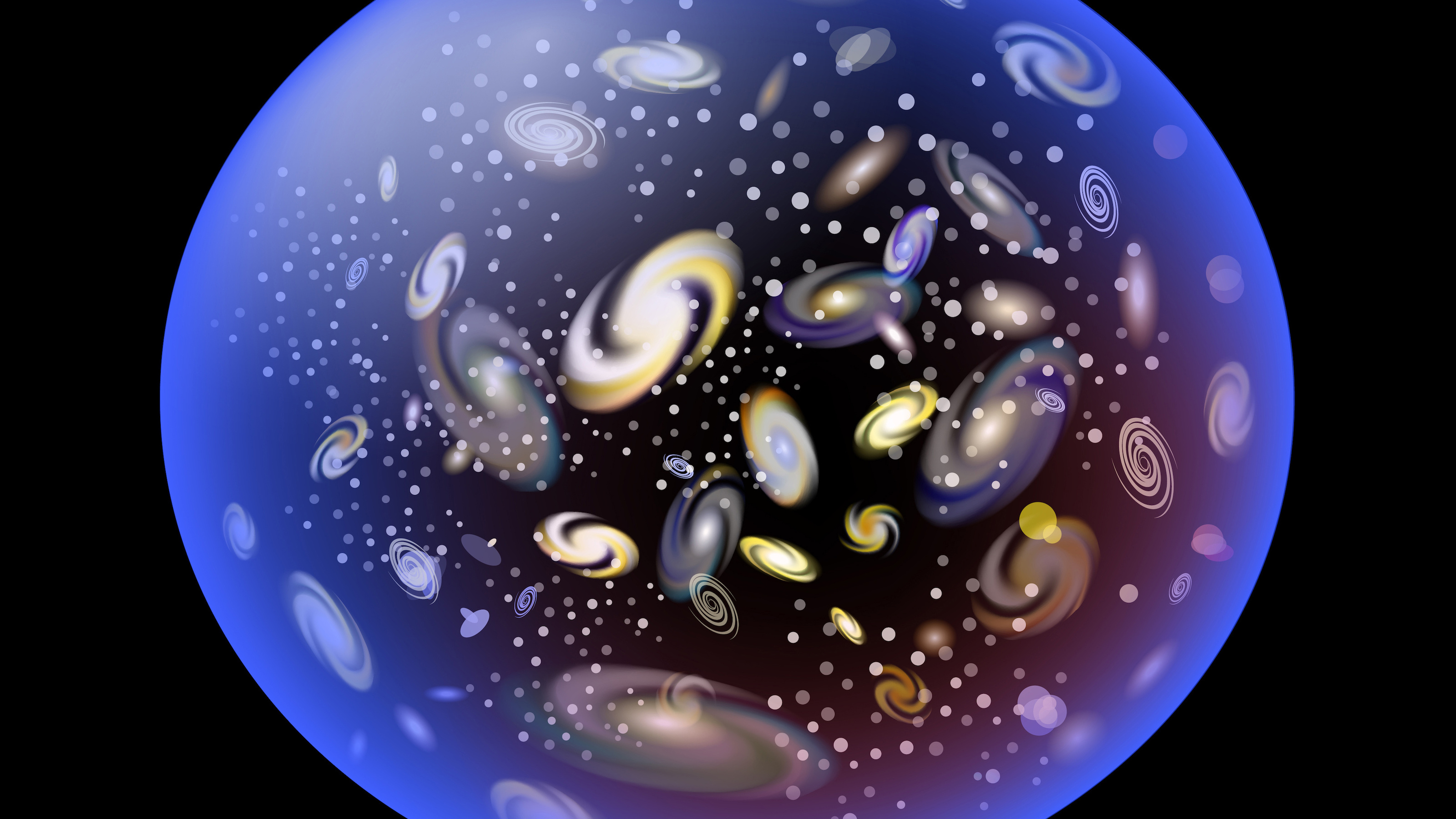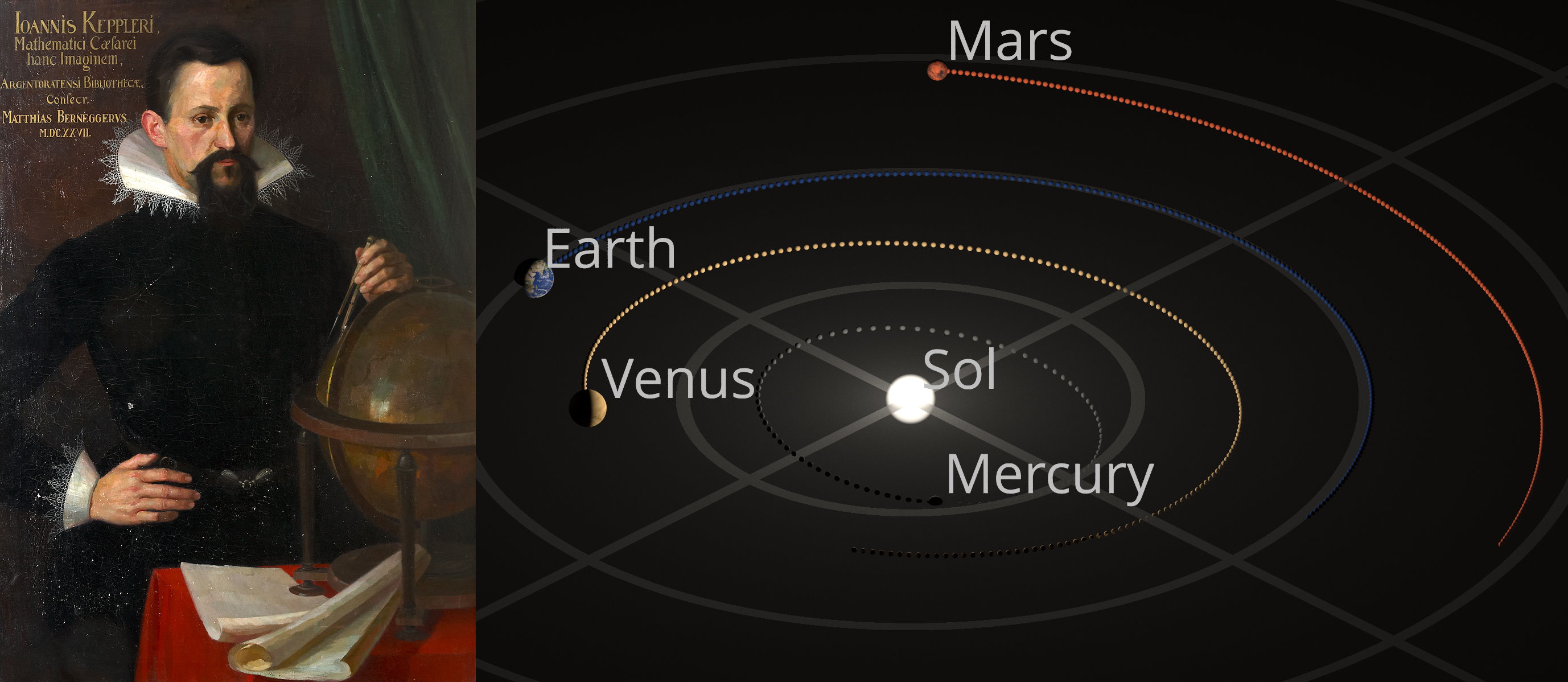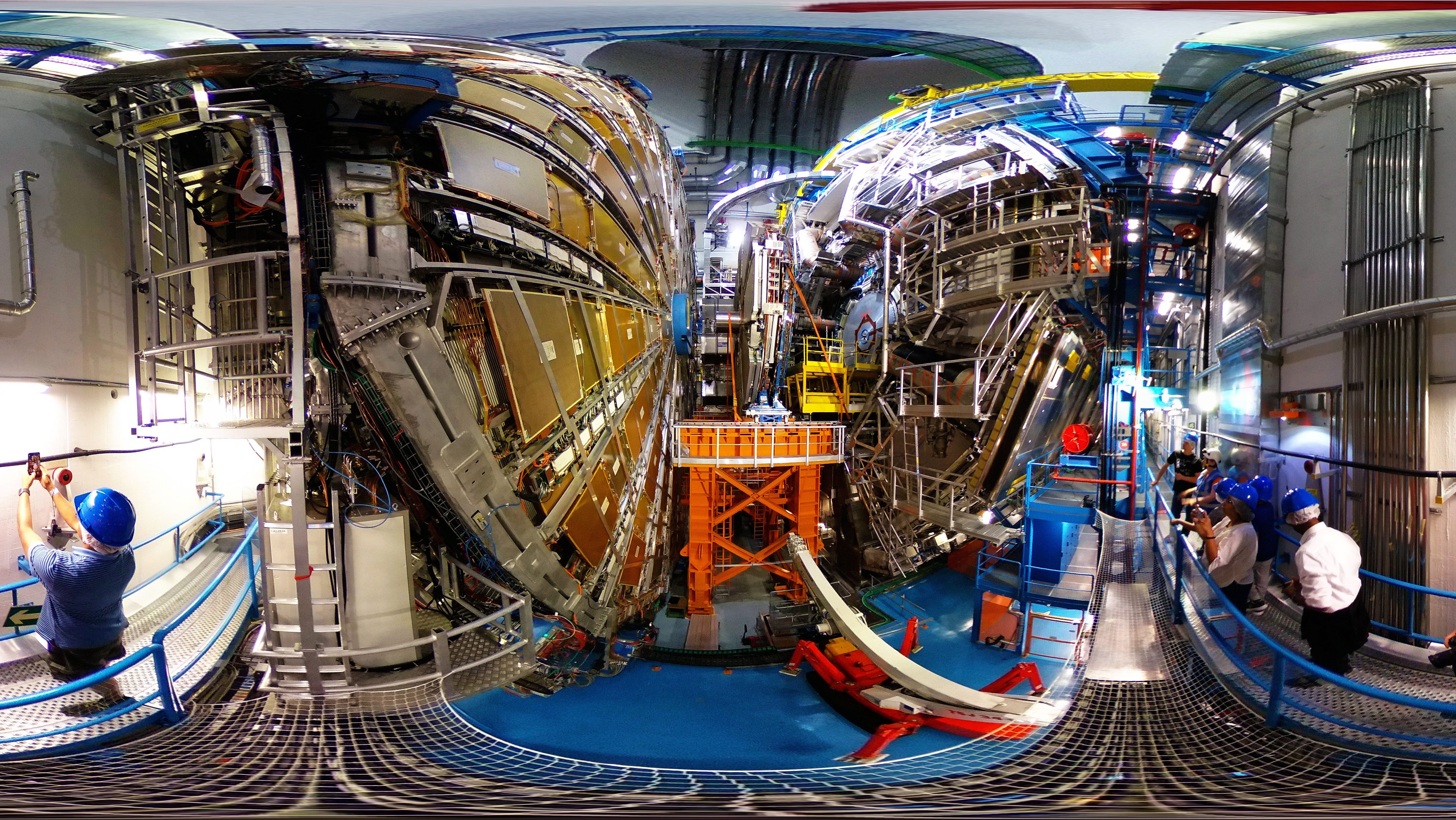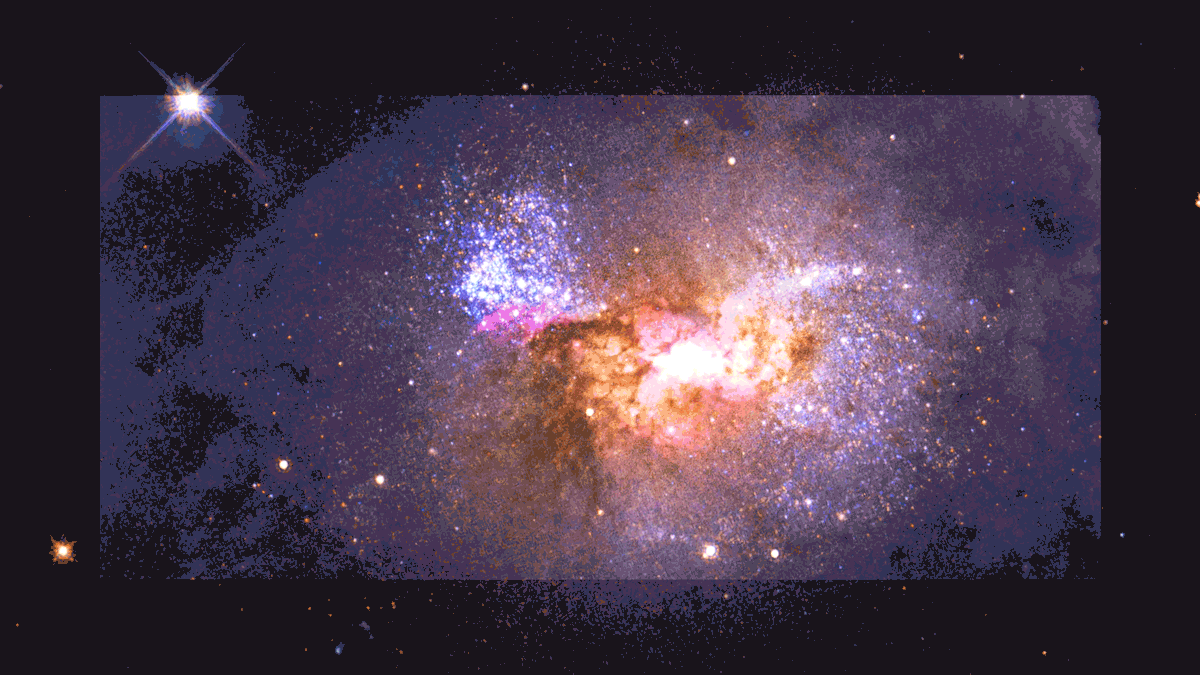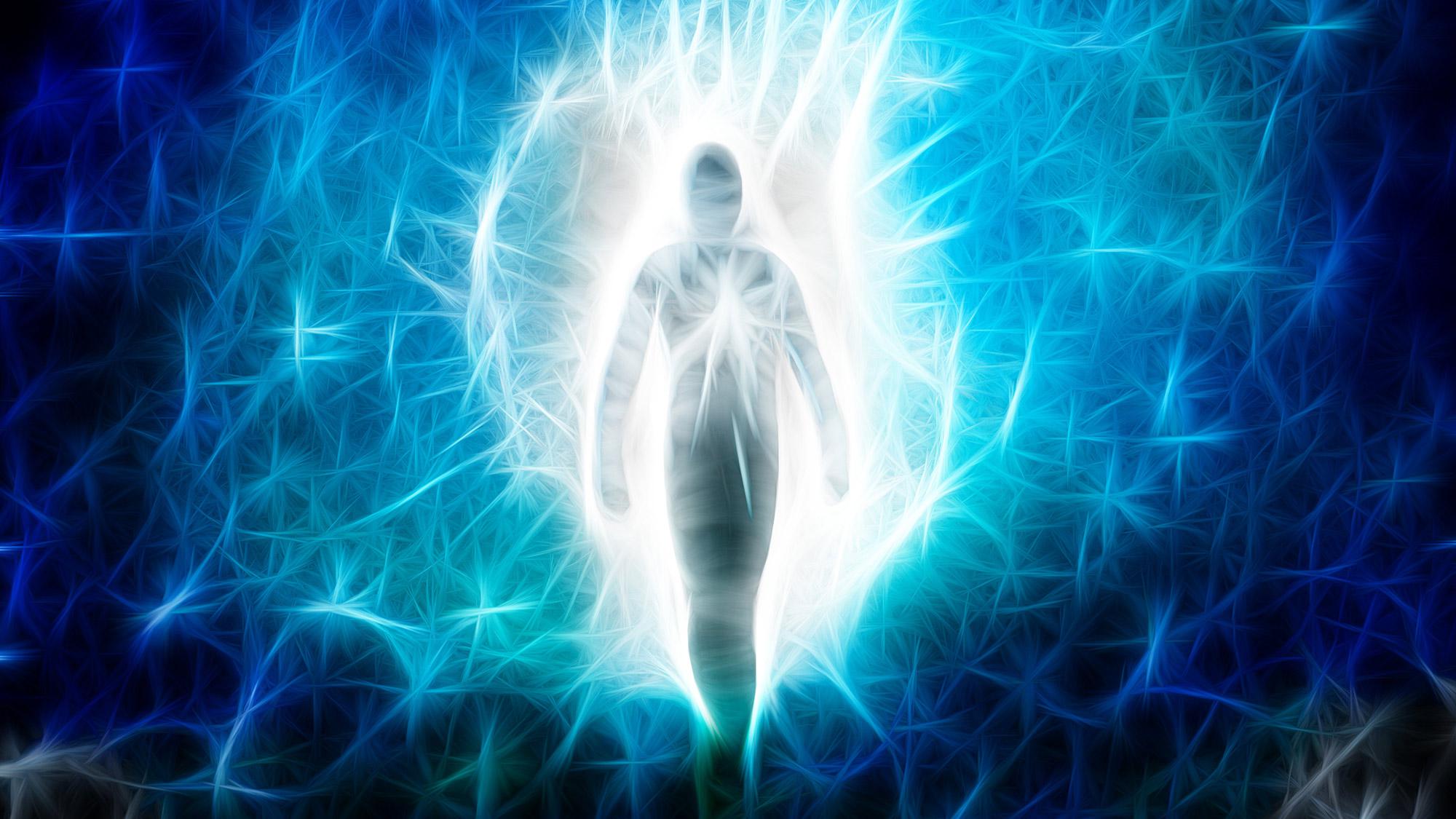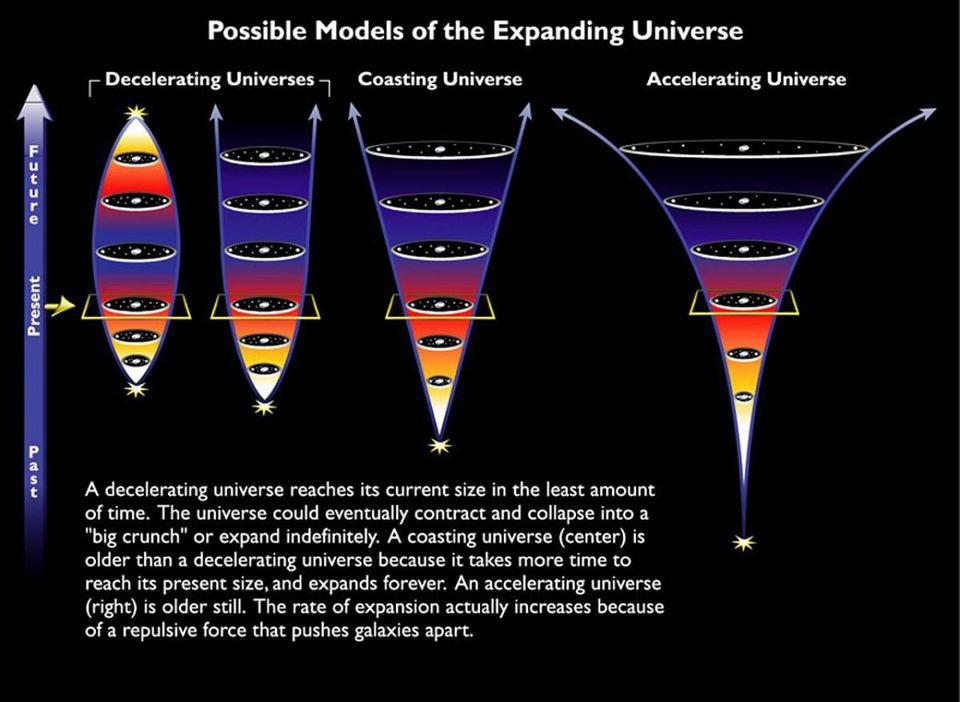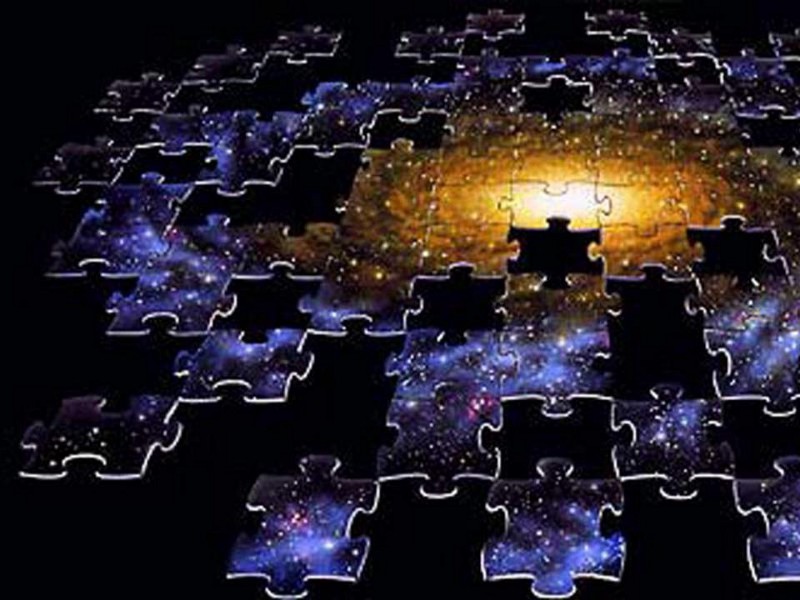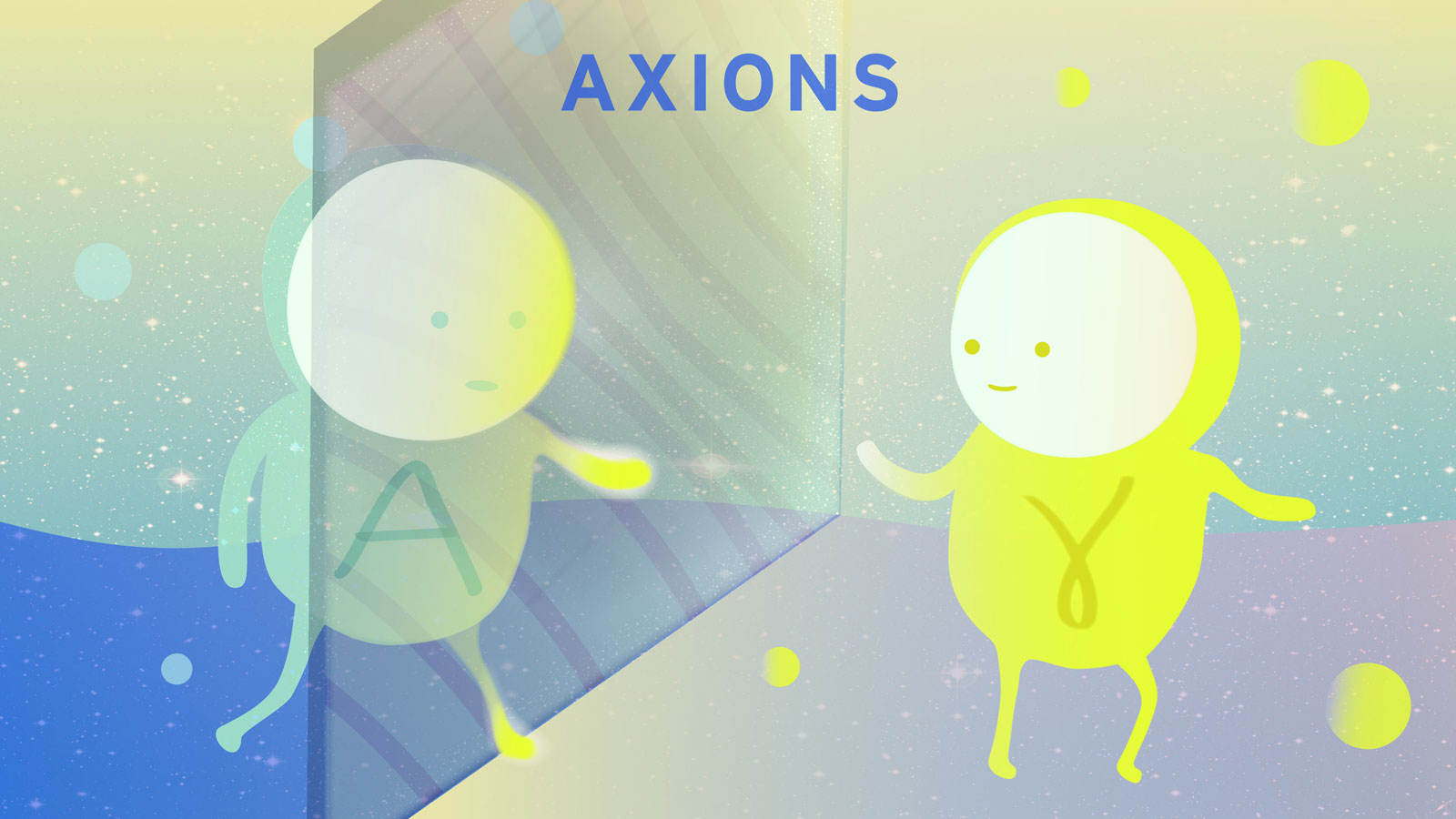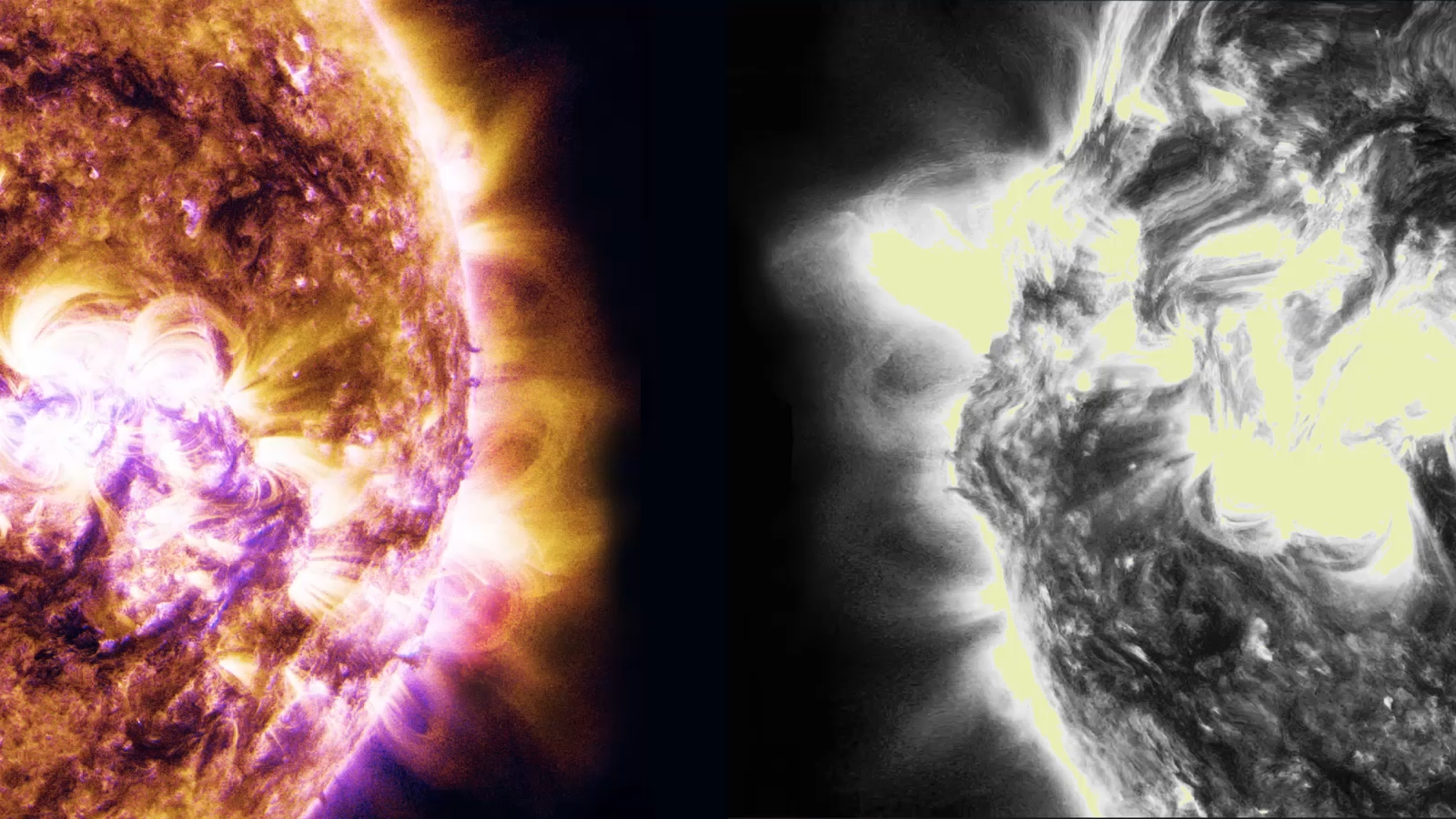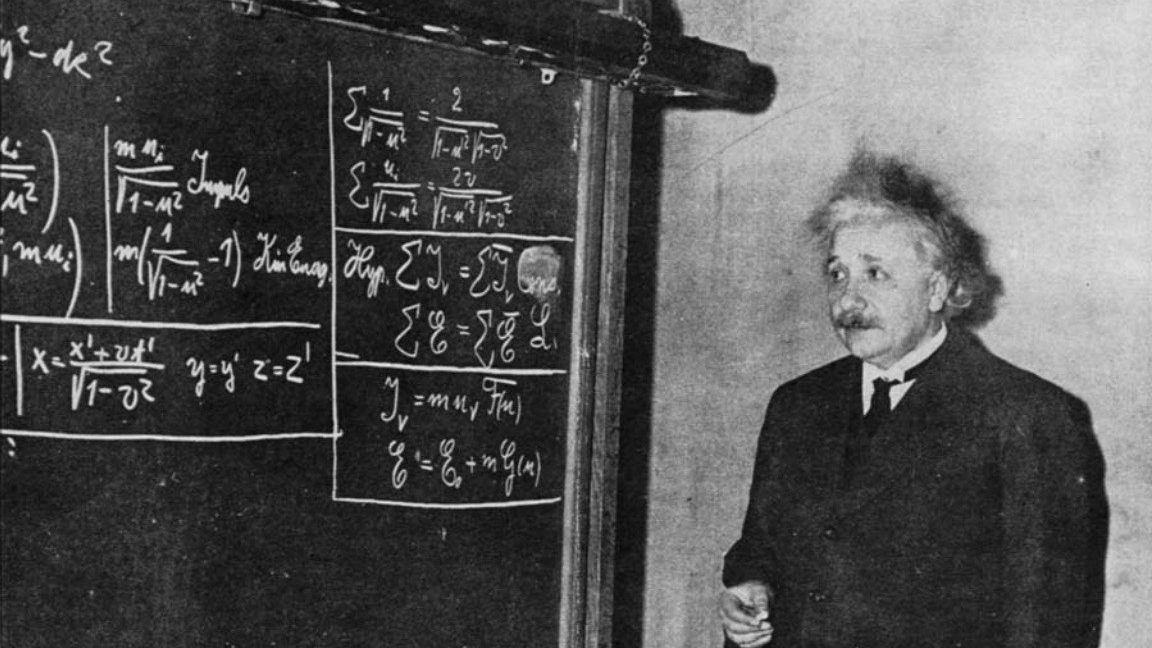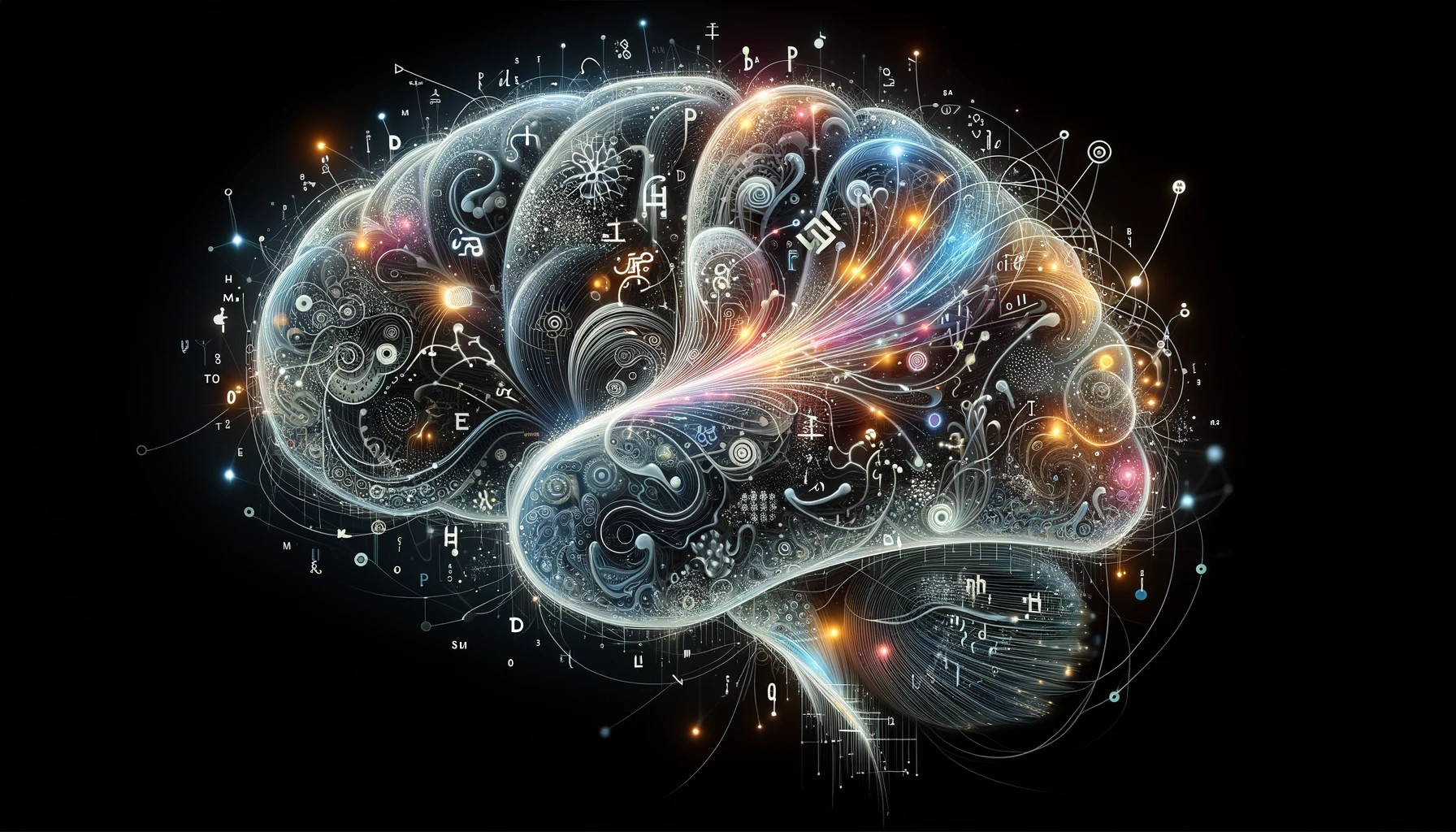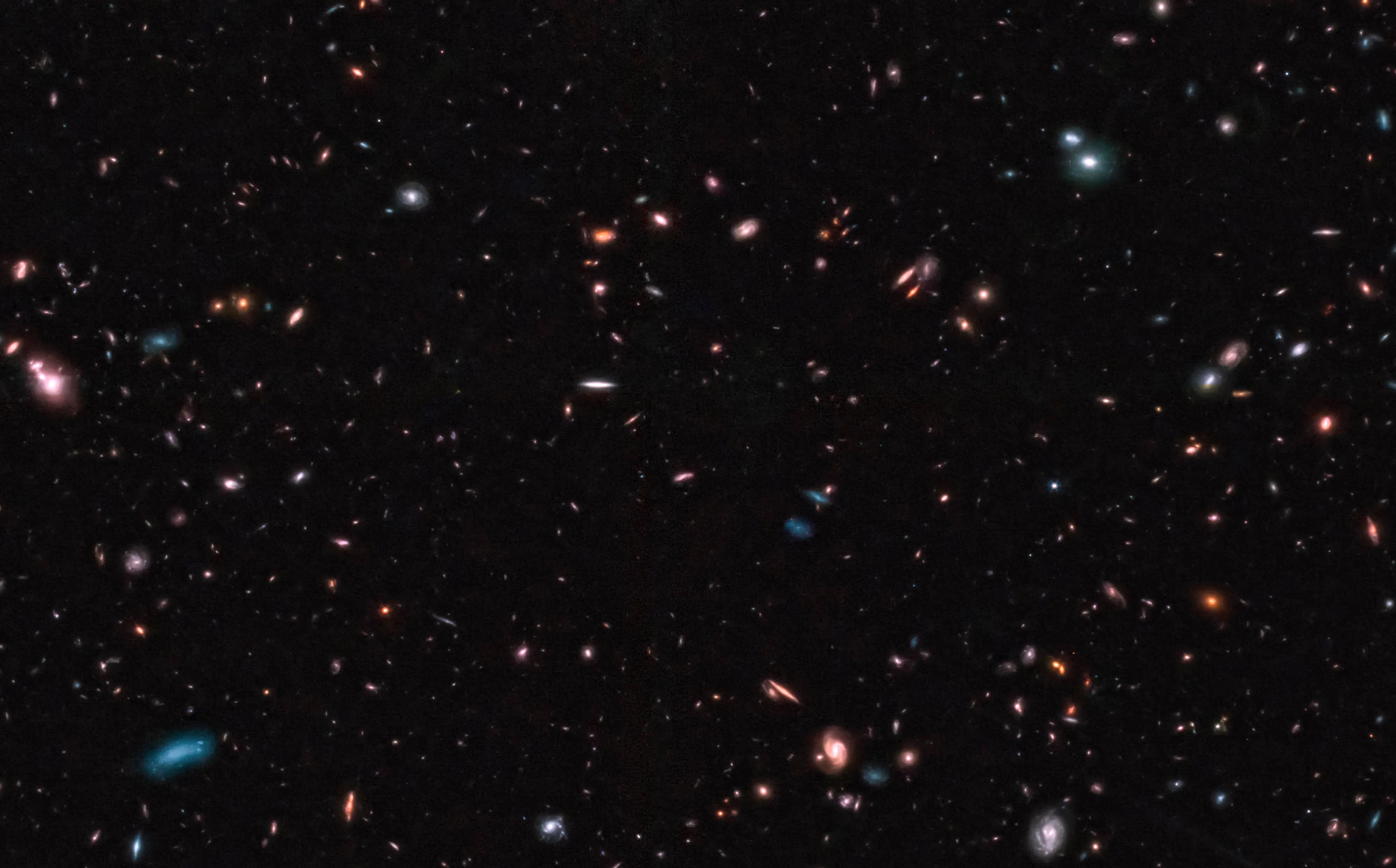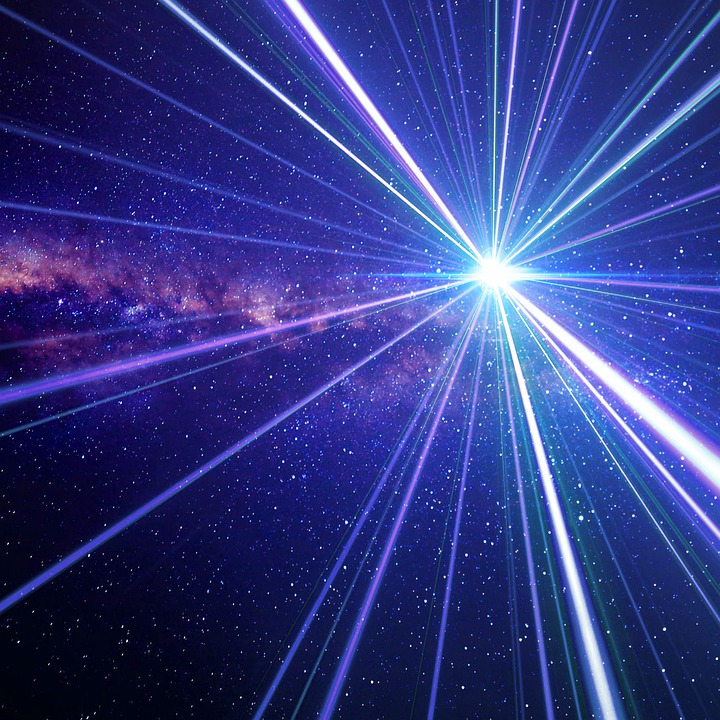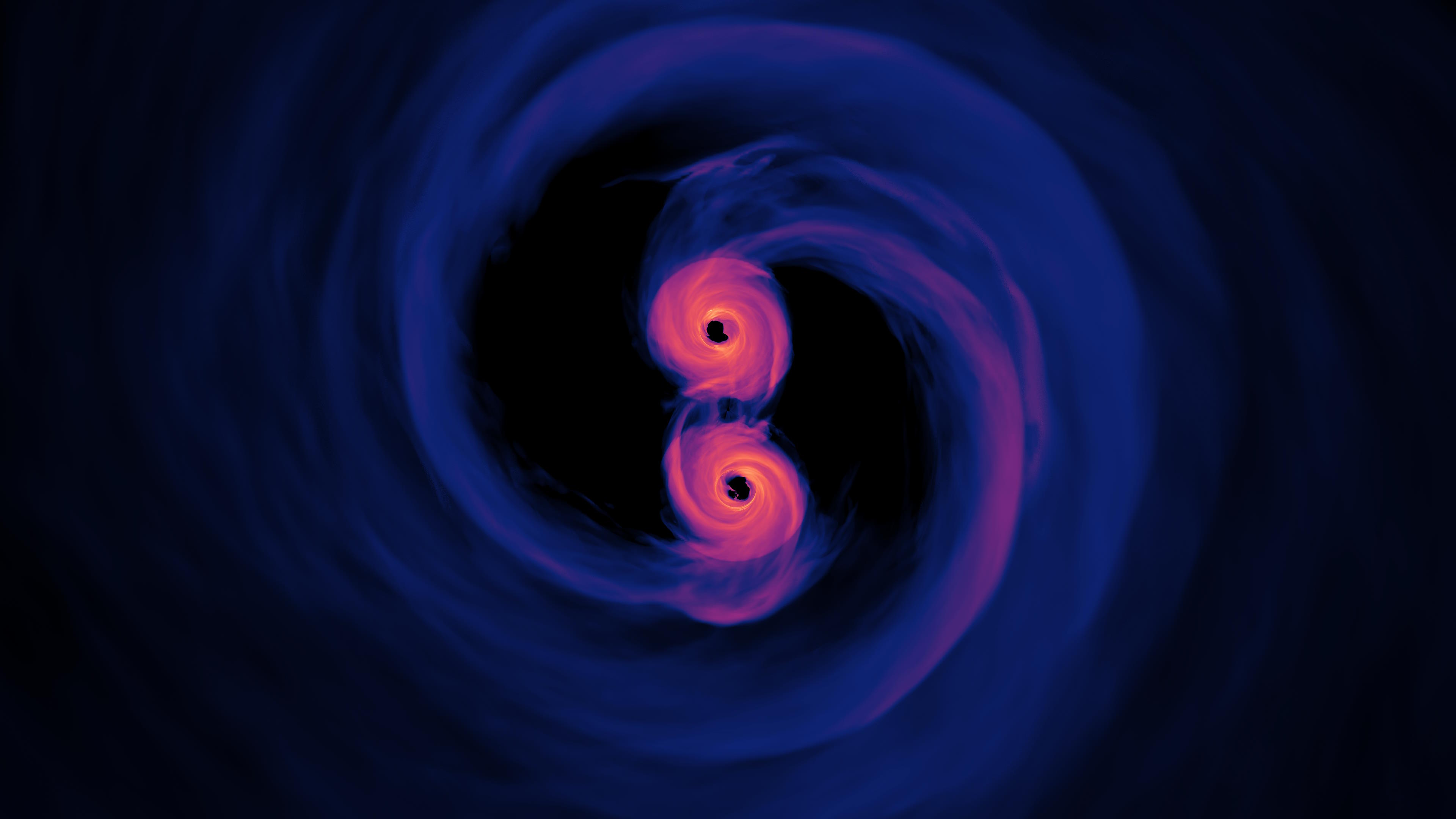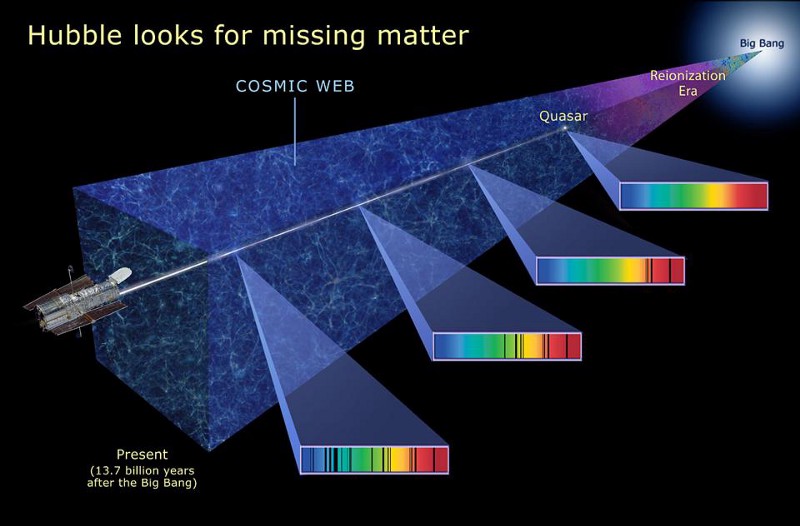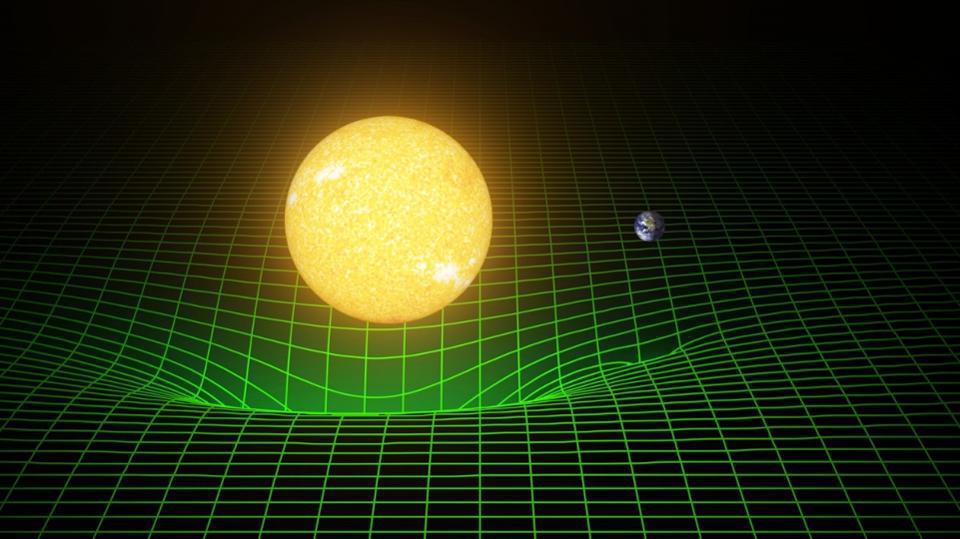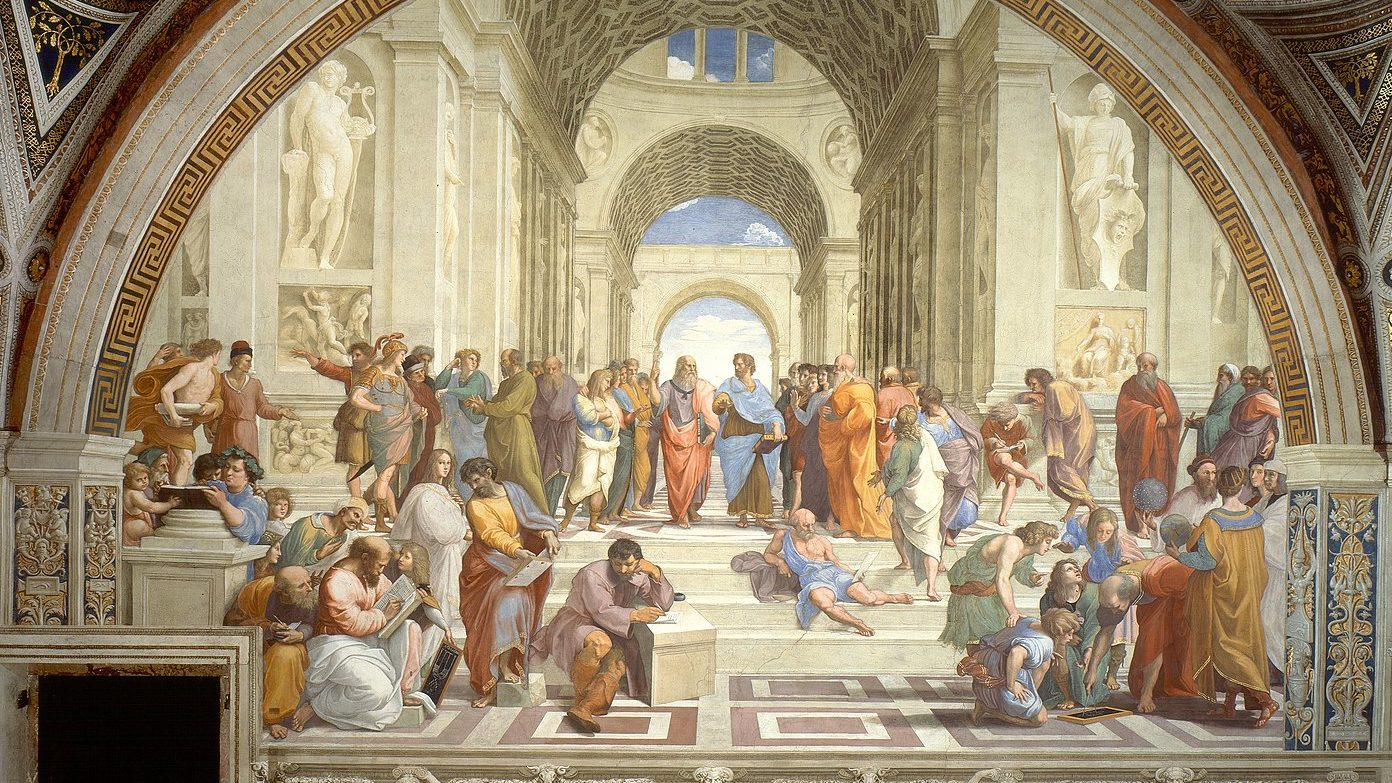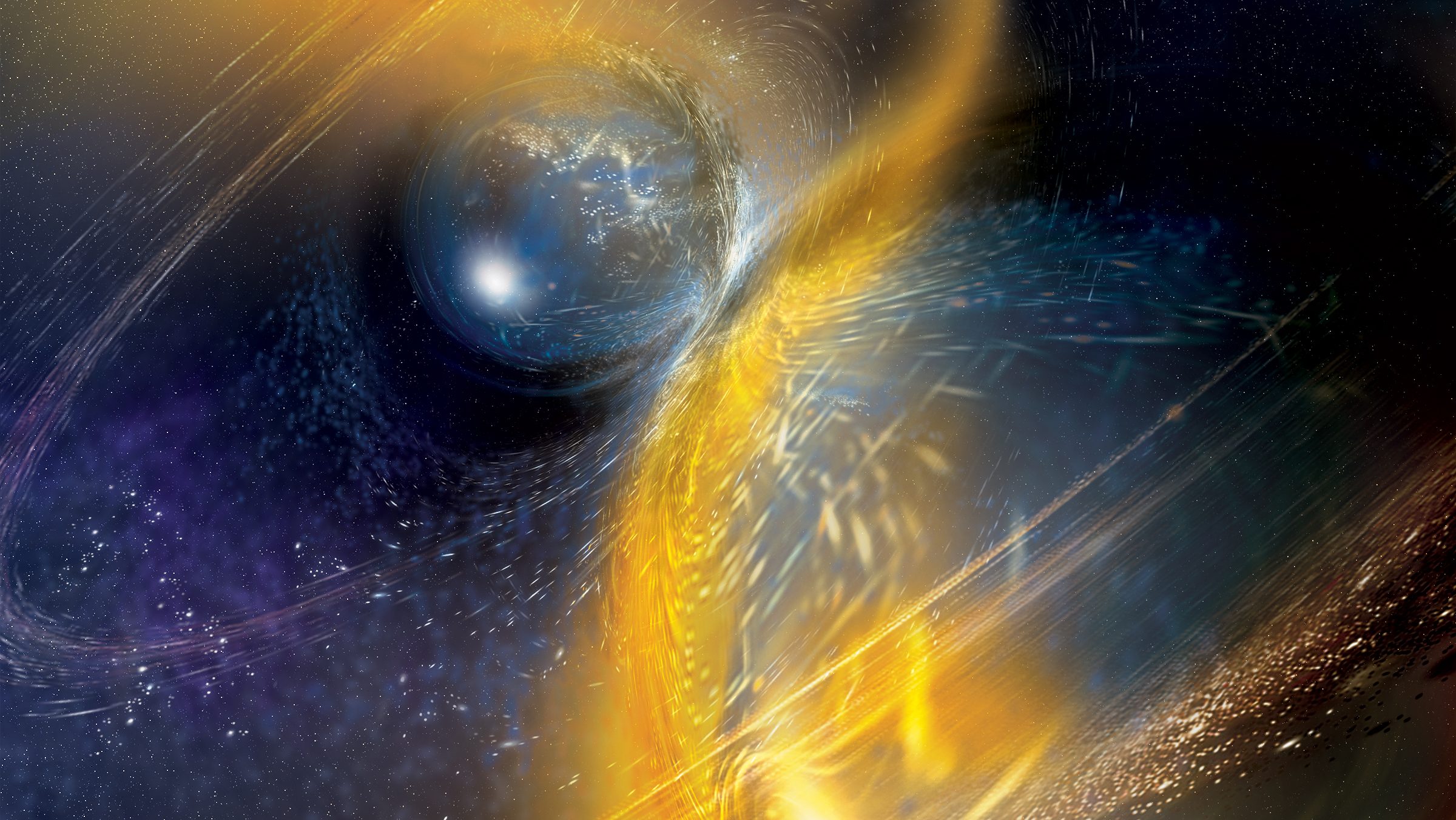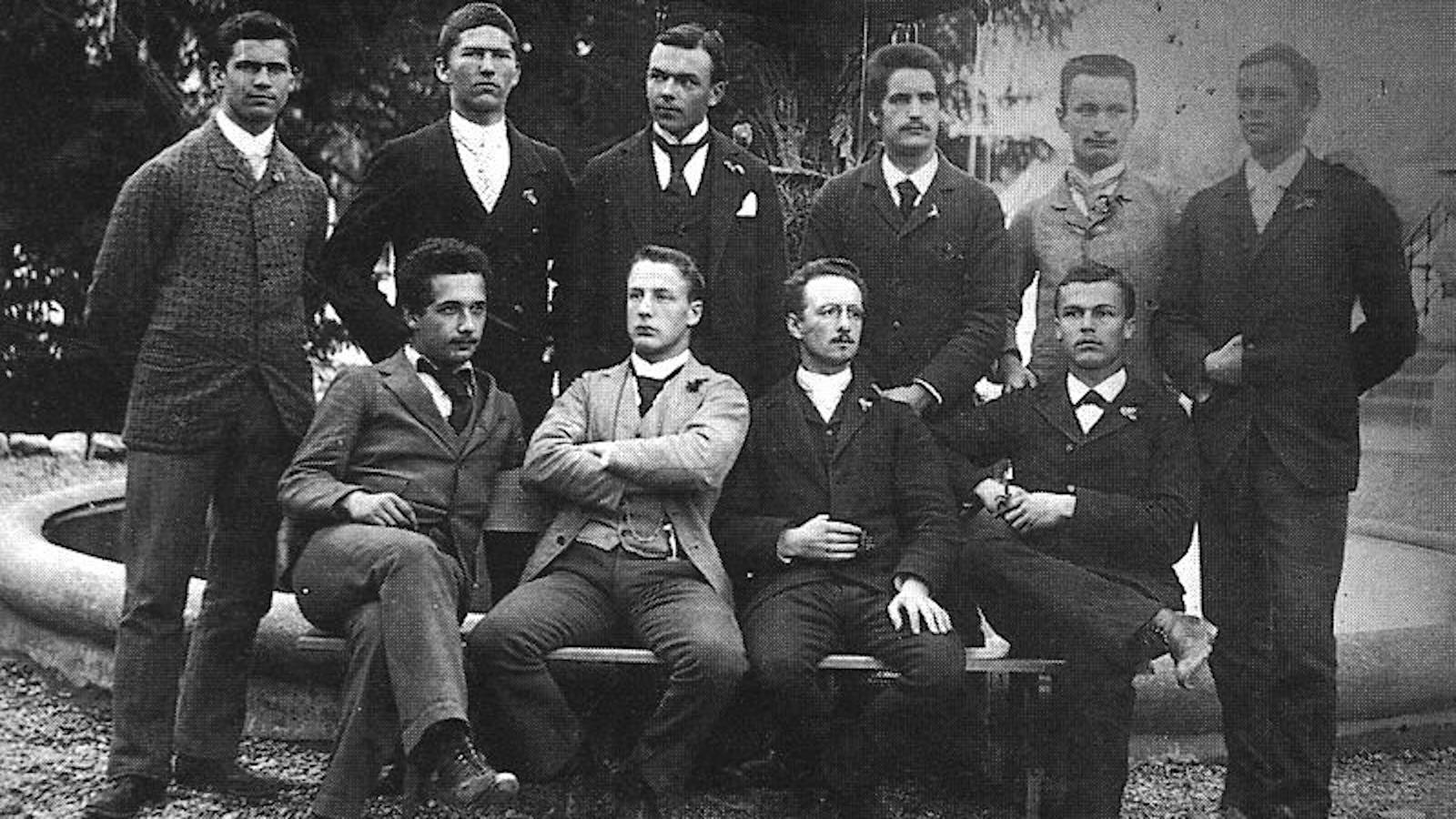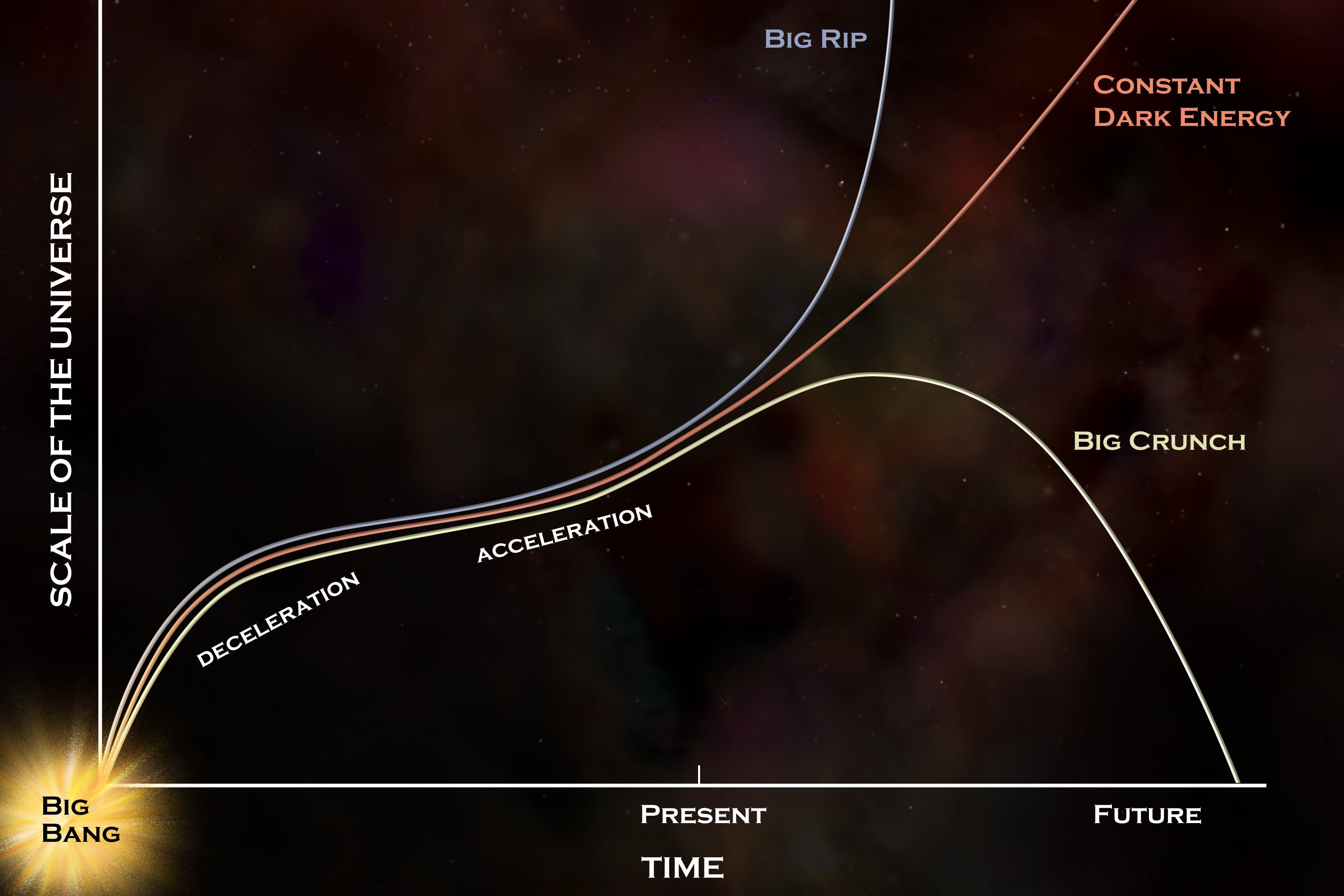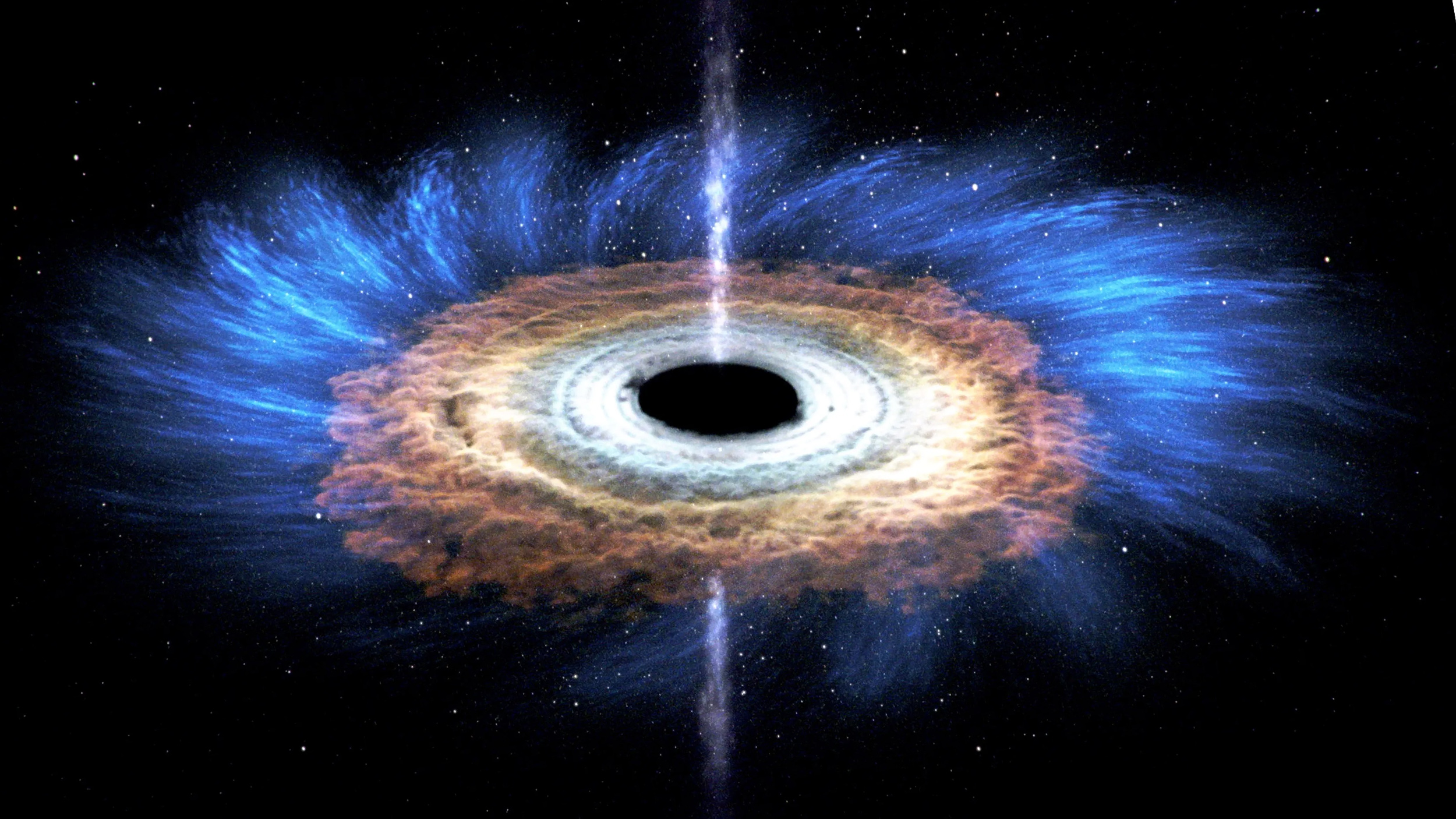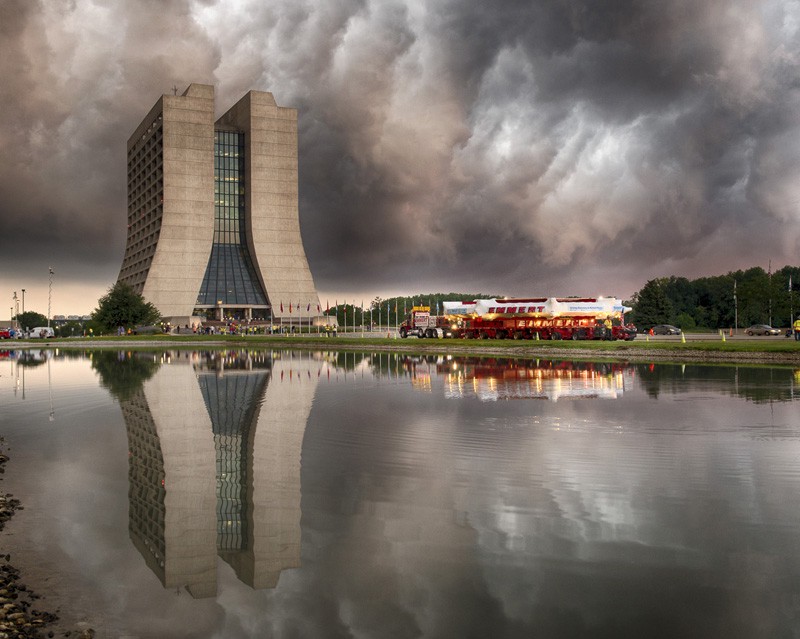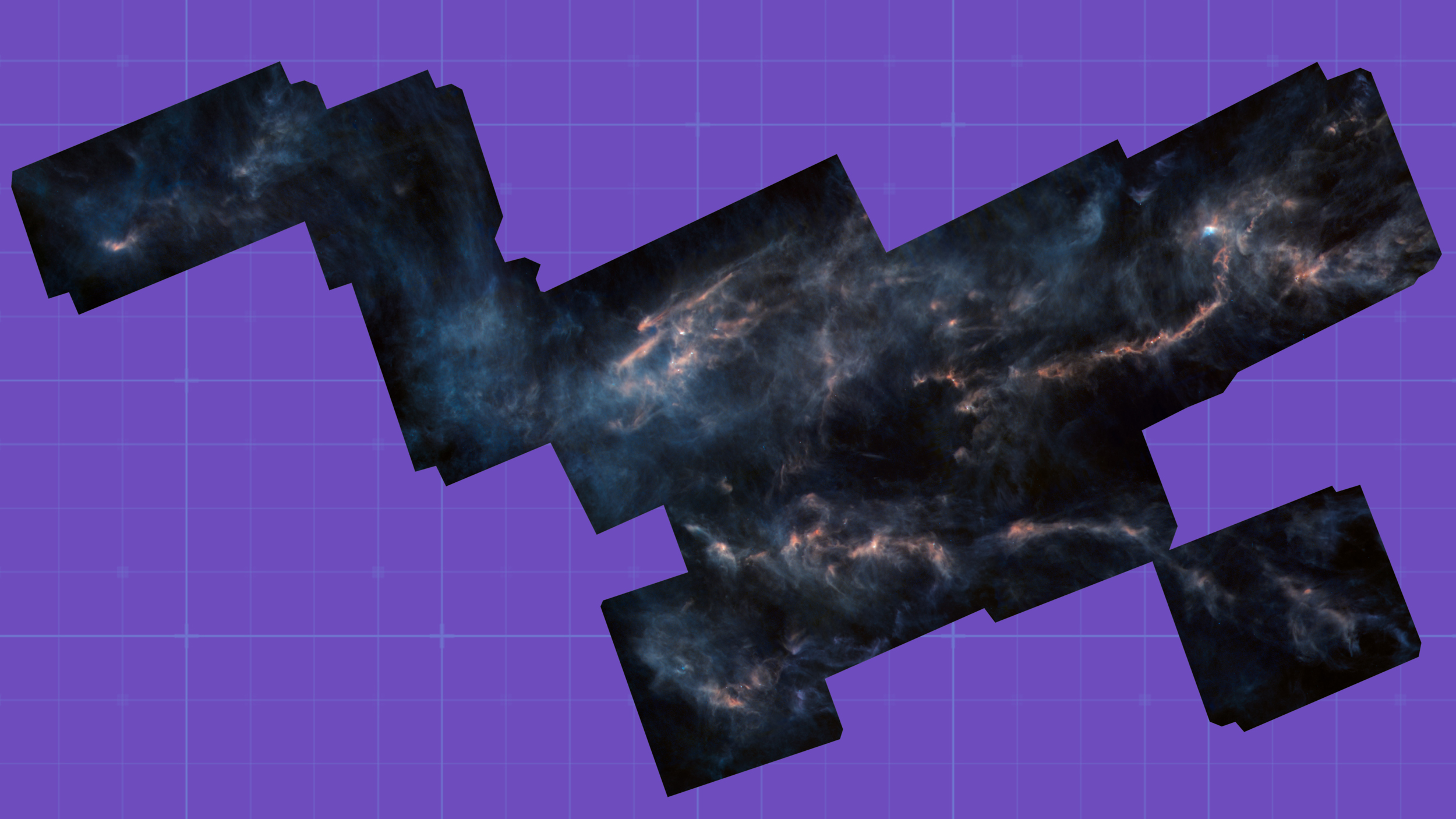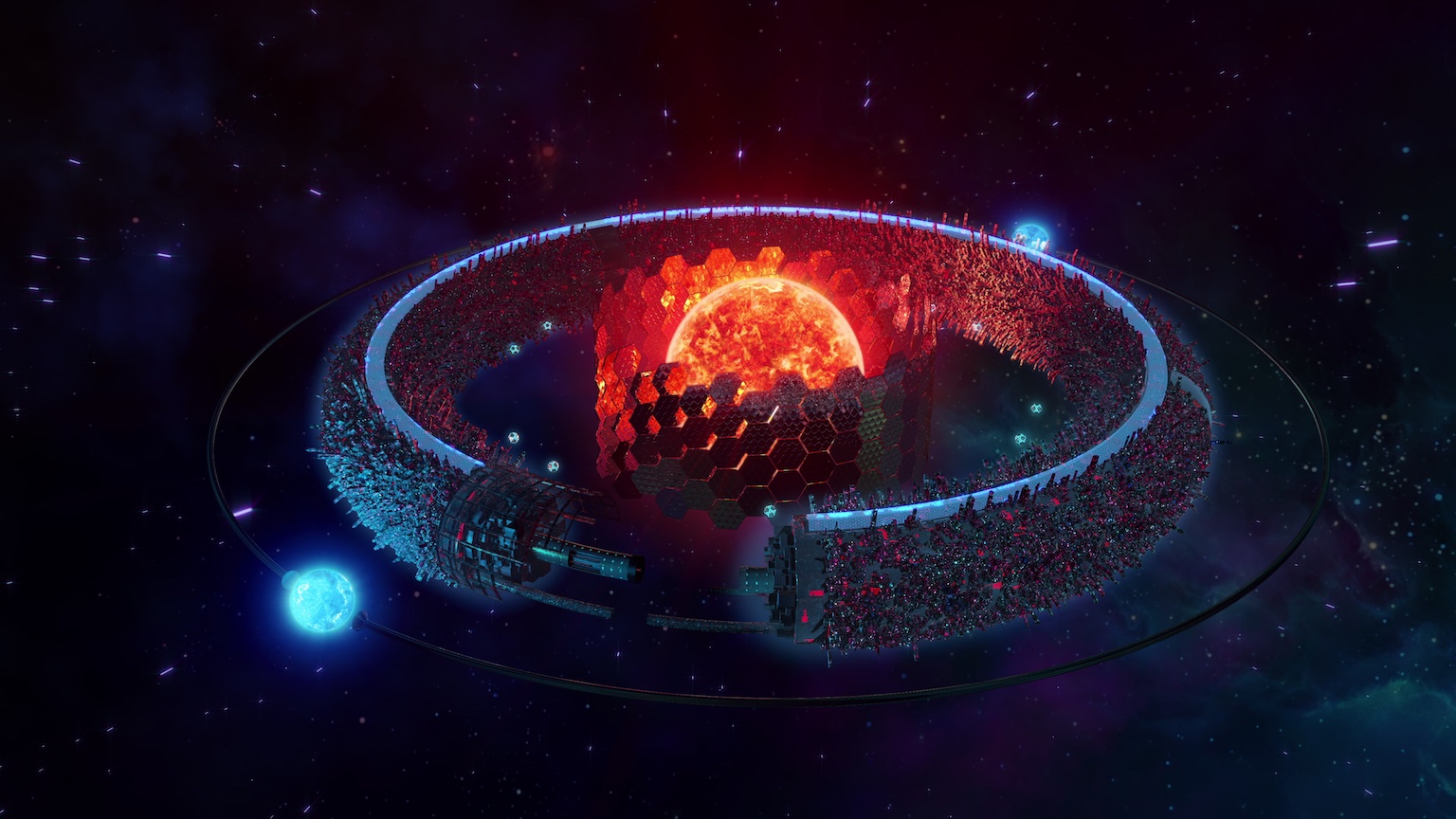The mutual distance between well-separated galaxies increases with time as the Universe expands. What else expands, and what doesn’t?
Search Results
You searched for: quantum
When people pick the greatest scientist of all-time, Newton and Einstein always come up. Perhaps they should name Johannes Kepler, instead.
With new W-boson, top quark, and Higgs boson measurements, the LHC contradicts earlier Fermilab results. The Standard Model still holds.
The first stars in the Universe were made of pristine material: hydrogen and helium alone. Once they die, nothing escapes their pollution.
The whole isn’t greater than the sum of its parts; that’s a flaw in our thinking. Non-reductionism requires magic, not merely science.
Dark energy is one of the biggest mysteries in all the Universe. Is there any way to avoid “having to live with it?”
The Universe is expanding, and the Hubble constant tells us how fast. But how can it be a constant if the expansion is accelerating?
Dark matter has never been directly detected, but the astronomical evidence for its existence is overwhelming. Here’s what to know.
We can describe what we see happening, but we don’t understand why. Despite our vast cosmic knowledge, enormous unknowns remain. The quantum fluctuations inherent to space, stretched across the Universe […]
The majority of the matter in our Universe isn’t made of any of the particles in the Standard Model. Could the axion save the day?
The idea of “absolute time” was our default for millennia. But time is relative, as gravity and motion both cause time to dilate.
In the early stages of the hot Big Bang, there were only free protons and neutrons: no atomic nuclei. How did the first elements form from them?
Science cannot help us understand or describe first-person experience. Zen koans are a powerful form for helping us reach that description.
Beyond stars, galaxies, and gravity, studying the fundamental workings of nature reveals widely applicable lessons for learners everywhere.
Artificial intelligence is much more than image generation and smart-sounding chatbots; it’s also a Nobel-worthy endeavor rooted in physics!
Despite many ultra-distant galaxy candidates found with JWST, we still haven’t seen anything from the Universe’s first 250 million years.
The same (former) NASA engineer who previously claimed to violate Newton’s laws is now claiming to have made a warp bubble. He didn’t.
So far, gravitational waves have revealed stellar mass black holes and neutron stars, plus a cosmic background. So much more is coming.
If it weren’t for a subatomic quantum rule, our Universe would be vastly different. In many ways, our views of the distant Universe are the closest things we’ll ever get […]
Mathematically, it is a monster, but we can understand it in plain English.
Though ultimately incorrect, the ancient Greek philosophers blazed a conceptual trail for humankind to understand the nature of reality.
In 2017, a kilonova sent light and gravitational waves across the Universe. Here on Earth, there was a 1.7 second signal arrival delay. Why?
Hermann Minkowski called Einstein a “lazybones” with a “not very solid” education. Less than 10 years later, he would eat his words.
For nearly 25 years, we thought we knew how the Universe would end. Now, new measurements point to a profoundly different conclusion.
The laws of physics obey certain symmetries and defy others. It’s theoretically tempting to add new ones, but reality doesn’t agree.
As early as we’ve been able to identify them, the youngest galaxies seem to have large supermassive black holes. Here’s how they were made.
The mismatch between theory and experiment is anything but certain. The most exciting moments in a scientist’s life occur when you get a result that defies your expectations. Whether you’re a […]
Atomic nuclei form in minutes. Atoms form in hundreds of thousands of years. But the “dark ages” rule thereafter, until stars finally form.
A new paper combines two concepts from the edges of astrophysics: Dyson Spheres and black holes. A Type III civilization could combine them.
Here’s what Einstein meant when he spoke of cosmic dice and the “secrets of the Ancient One”.
